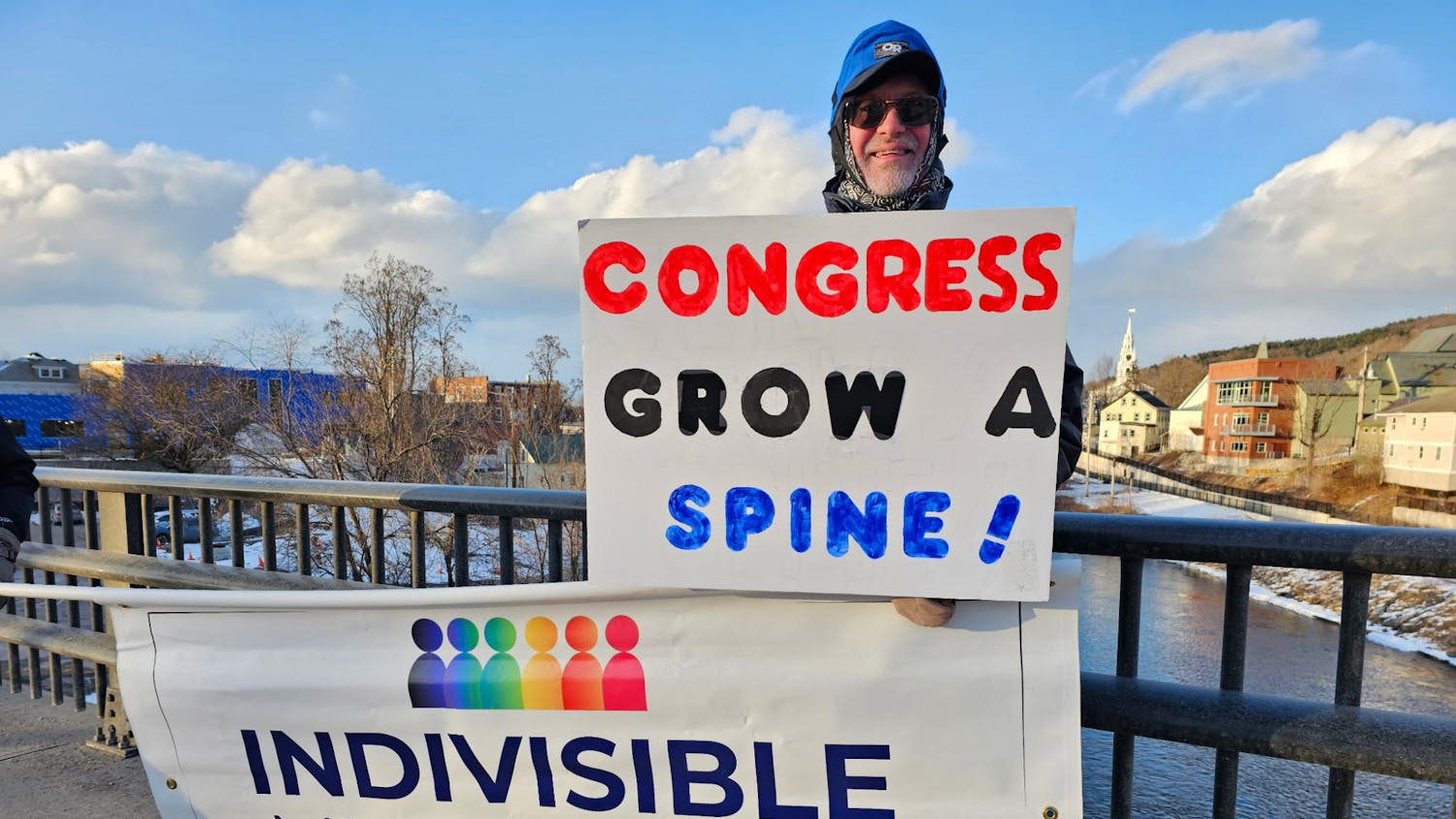In a recent investigation conducted by the Center for Public Integrity and Global Integrity, Vermont was ranked at a “D-” on the scale of state integrity. This earned the Green Mountain State a spot at 39th place among all fifty states.
Although disheartening, this less than satisfactory grade was not unique to Vermont. Alaska ranked first in this integrity investigation, but it still only earned a C on the test. The goal of the 2015 version of this State Integrity Investigation was to take into account the transparency, accountability and ethics of the laws in the individual states to determine an overall ranking.
The State Integrity Investigation identified certain flaws that were common among many states, providing some explanation for the low rankings. First, The Center for Public Integrity and Global Integrity confirmed that many part-time legislators and officials have fallen into the tempting trap of lobbyists and the self-interest that it entails.
In addition, the State Integrity Investigation proves that often, the bodies responsible for monitoring the ethics laws are not given enough funding and are unable or unwilling to perform their proper tasks.
Another element of the test that caused states to receive poor rankings was the lack of open data measures, which were considered necessary in this world of digitally available data.
Vermont has proven to be no exception to these fatal flaws. Its low ranking can be attributed to two main aspects of the state government: its shortage of ethics safeguards and the lack of other institutions involved in maintaining government ethics.
The means of monitoring ethics have typically been informal and inadequate, according to this standard. However, ethics enforcement was not the only thing bringing Vermont down on this nationwide test. The state also scored extremely low on the portion of the test that ranked legislative accountability.
This low ranking is due to the fact the part-time citizen legislators are not forced by law to disclose their assets. In addition, they have full rights to go directly into work in the private sector as soon as they have left public office, which could be considered a conflict of interest, thus lowering their score.
Given Vermont’s unfavorable ranking, there is clearly room for change and improvement. Jim Condos, Vermont Secretary of State, has offered the beginnings of a solution for this problem.
“At the very least, we need clear ethical standards for everyone in state and local government, as well as in the Legislature,” Condos told the Burlington Free Press.
“[We need] standards for conflicts of interest, financial disclosure, nepotism, and outside employment among other things,” Condos continued.
Condos is not the only one seeking to take action to improve Vermont’s transparency and ethics. Organizations throughout Vermont are showing interest in taking action against corruption.
One group, Vermont Acts, is working to encourage the implementation of anti-corruption legislation to improve the state’s standards. This group is also organizing petition signing and demanding that issues such as the prevention of political bribery and the creation of an independent ethics commission be discussed at upcoming town meetings across Vermont. They hope that these solutions will remain on the political agenda in the future until visible until the state government makes visible change. With its flaws exposed, there is hope that Vermont will begin increasing transparency, accountability, and ethics, not just for improving in the ranking, but for improving the state government as a whole. 
Vermont Receives D- Ranking on State Corruption

Comments



